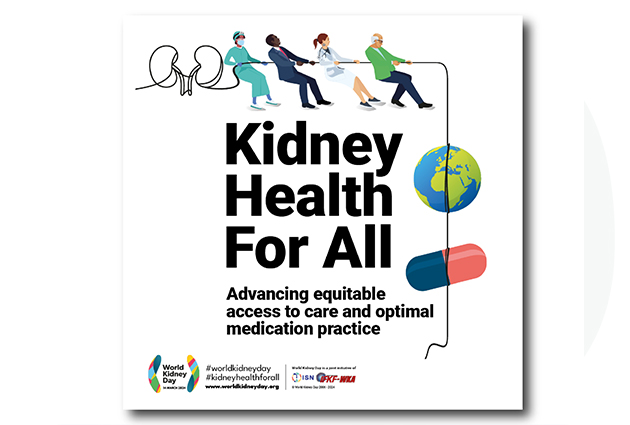Forewarned or Forearmed: Do Automated Medication-targeted Alerts Improve AKI Outcomes? Trial Summary and Commentary
Nikolay Bulanov, ISN-ACT Global Trials Focus Subgroup member, summarizes the design and outcomes of a study from the ISN-ACT Global Trials Focus‘ most recent global trials selection and comments on the trial’s limitations.
A randomized clinical trial assessing the effect of automated medication-targeted alerts on acute kidney injury outcomes
Summary:
In this parallel-group, pragmatic, open-label trial, 5060 hospitalized adults with acute kidney injury (AKI) who received non-steroidal anti-inflammatory drugs (NSAIDs), renin-angiotensin-aldosterone system inhibitors (RAASi) and/or proton-pump inhibitors (PPIs) were randomized to the intervention, a “pop-up” electronic alert embedded within the electronic health record to prompt the healthcare provider to consider the discontinuation of the above-mentioned potentially nephrotoxic medications, or usual care (n=2528).
A medication of interest was discontinued within 24 hours of randomization in 61.1% of participants in the alert group versus 55.9% of participants in the usual care group (Relative Risk [RR] 1.08, 1.04 –1.14, P<0.001).
However, there was no significant difference in the primary composite outcome of the progression of AKI, dialysis, or death within 14 days, which occurred in 585 (23.1%) participants in the alert group and 639 (25.3%) participants in the usual care group (RR 0.92, 0.83–1.01, P = 0.09).
Of note, in the PPI subgroup, alerts were associated with a significant decrease in the relative risk of the composite outcome (RR 0.88, 0.79-0.98, P=0.02). The discontinuation of these three medications did not result in any significant worsening in the safety outcomes.
Commentary:
Current best practice guidelines suggest avoiding potentially nephrotoxic medications in patients with AKI. However, the discontinuation rate in real-life practice is lower than expected.
In this large randomized control trial, automated medication-targeted electronic alerts increased discontinuation rates of common potentially nephrotoxic medications, but this did not improve the outcome of progression of AKI, dialysis, or death.
In a subgroup of patients receiving PPI, however, there was clinical improvement in the composite outcome.
The trial results should be interpreted cautiously because of the limited number of targeted medications. Also, the open-label design meant that AKI alerts were randomized at the patient level, not the facility level, thereby increasing the risk of contamination between providers who received alerts.
As with previous clinical decision support studies in this field, which have shown mixed results, the current trial does not indicate broad-based benefits of electronic alerts to patients with AKI. Nevertheless, the effect of PPI discontinuation in an AKI setting should be reassessed in future studies.










